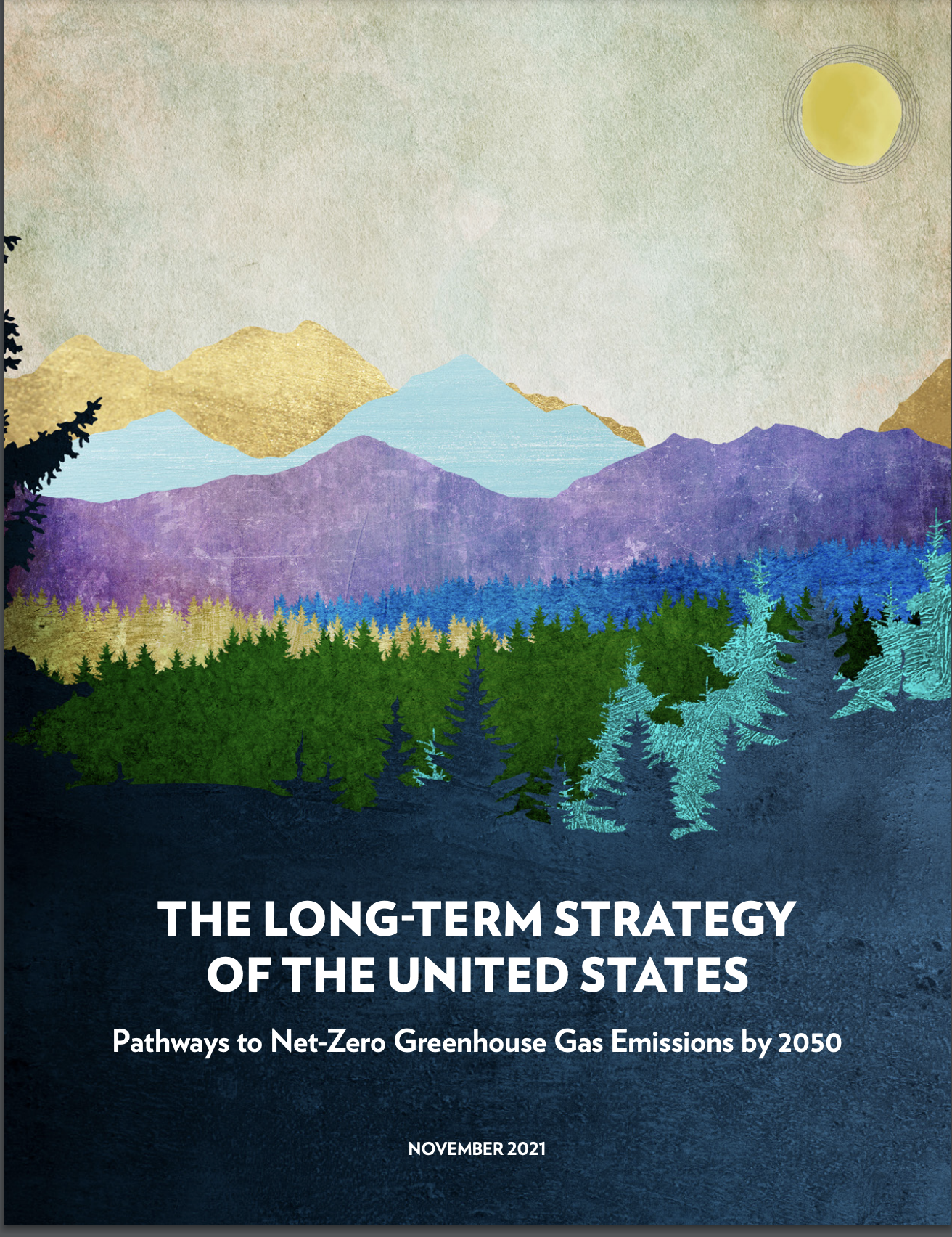The White House has issued its long-term strategy for the United States to achieve a net-zero carbon economy by 2050. That goal requires actions by every sector of the economy, it says. “There will be many challenges on our path to net-zero that will require us to marshal all our ingenuity and dedication. But it can and must be done.”
Addressing the climate crisis requires immediate and sustained investment to eliminate net global greenhouse gas emissions by mid-century—and this presents a transformational opportunity for the United States and the world. Investing in the clean technologies, infrastructure, workforce, and systems of the future creates an unprecedented opportunity to improve quality of life and create vibrant, sustainable, resilient, and equitable economies.
As we undertake this global transformation, the United States and other major economies must act quickly to keep a safer climate within reach. Across the United States and around the world, climate change is already harming communities—particularly the most vulnerable that are least equipped to cope, rebuild, and adapt.
Wildfires, storms, floods, extreme heat, and other climate-fueled impacts are causing deaths, injuries, degraded health, economic hardship, and damage to the earth’s ecosystems—all from warming of only roughly 1.0oC. Failure to immediately curtail emissions will condemn the world to nearly triple that level of warming, unleashing far more frequent and severe climate impacts and far more extreme downside risks.

